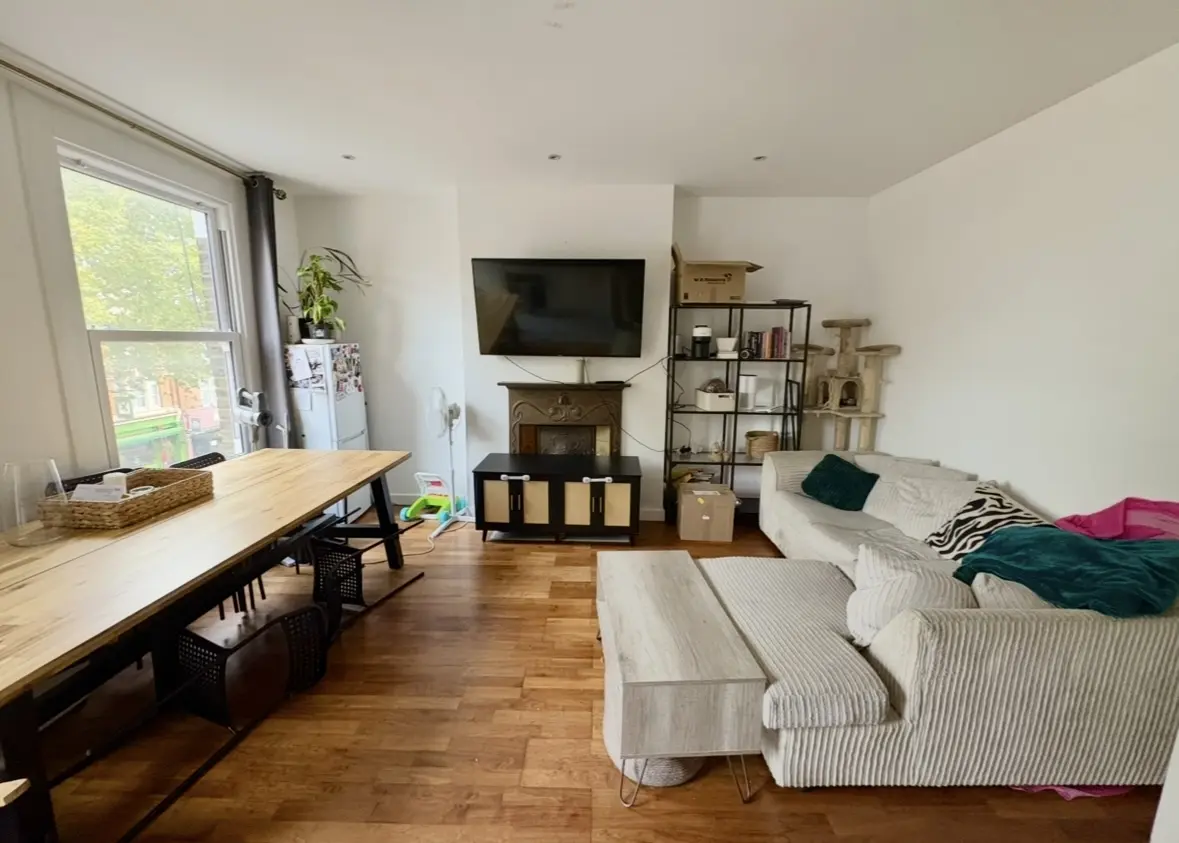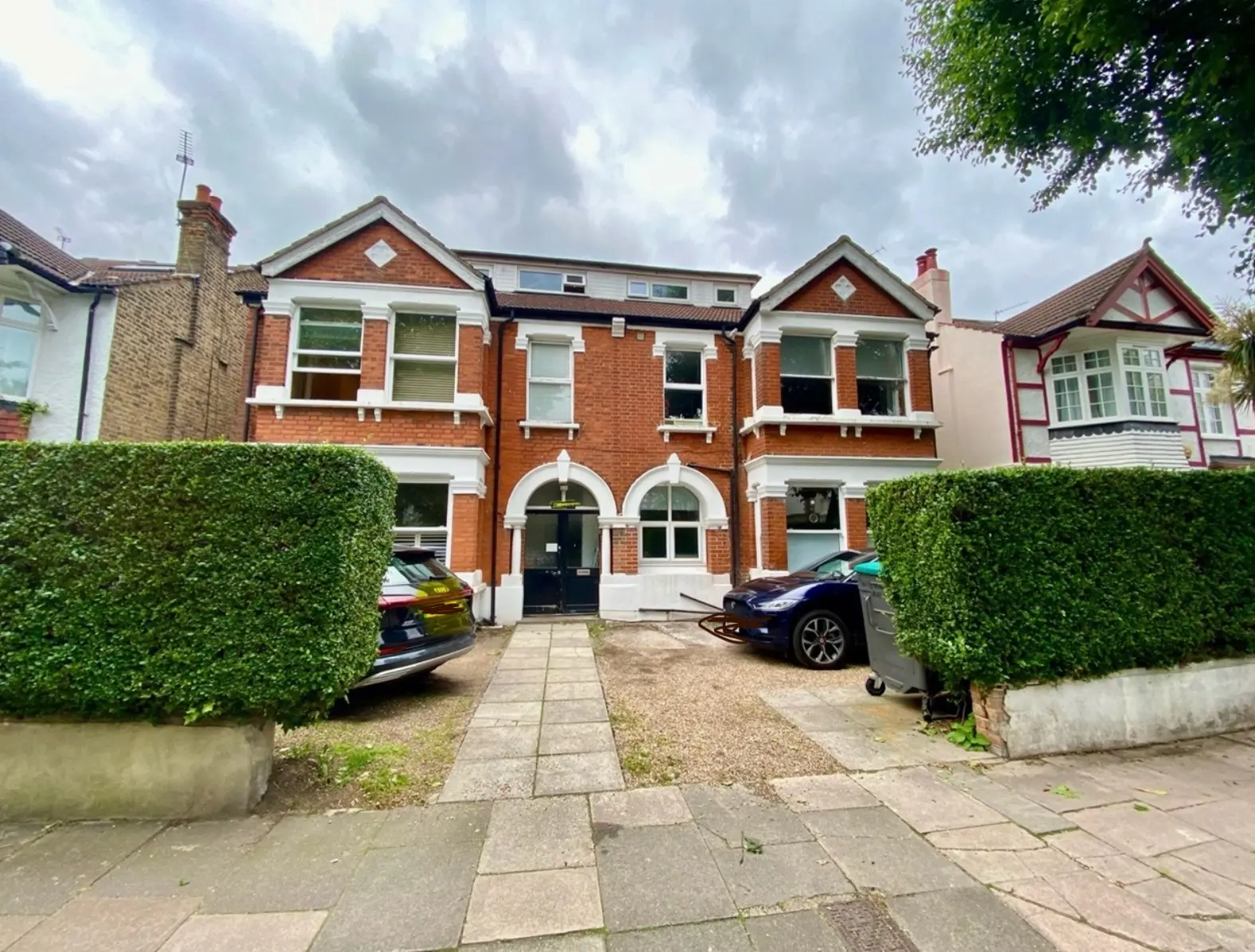
Three-Bedroom Apartment to Let – Chiswick High Street, W4
Chiswick High Rd., Chiswick, London W4 4HH, UK
£2,400 / Month
Many homeowners and property investors wonder: “If I spend £X on renovations, how much will that add to my property’s value?” The answer isn’t always straightforward. Simply putting money into a property doesn’t guarantee an equivalent return on sale. Over-investing, doing work without proper permissions, or ignoring local market limits can reduce your pool of potential buyers and profit margins.
This guide breaks down what renovations add value, which don’t, and how to approach extensions, planning permissions, and remodelling from an investor’s perspective.
1. Understanding Renovation ROI
Before committing to large-scale works, it’s crucial to understand Return on Investment (ROI):
-High-ROI improvements: Kitchen and bathroom upgrades, energy-efficient heating, fresh paint, and improved flooring attract buyers and can justify higher asking prices.
-Low-ROI improvements: Luxurious additions, over-customisations, or highly personalised interiors rarely add equivalent monetary value.
-Key takeaway: Spending £45,000 on renovations does not mean £45,000 will be added to your sale price. Knowing your local market and comparable sales is essential, especially for new investors.
2. Remodelling vs. Extending
Remodelling can refresh a property and make it more attractive, but extensions are more complex:
-Extensions: Can increase living space and valuation, but only if done correctly.
-Planning permission: Always check with your local council before proceeding.
-Freeholder consent: If your property is leasehold, get written approval from the freeholder.
-Cash buyers: Properties with incomplete or unapproved work typically only appeal to cash buyers, which reduces your potential buyer pool.
-Investor insight: Doing work first and seeking consent afterwards is risky and makes the property harder to sell.
3. Realistic Market Limits
Even a perfectly renovated property has market constraints:
-Check local listings on Zoopla, Rightmove, and other portals to understand what buyers are paying in your postcode.
-Identify the benchmark price in the area. No matter how high-quality your renovations, you’ll unlikely exceed that upper limit.
-Consider why top-priced properties sell at their level—often location, plot size, or unique features, not expensive renovations.
-Pro tip: Analyse the market to determine which improvements provide the best ROI and the cheapest way to achieve them.
4. What Truly Increases Property Value
Focus on upgrades that genuinely affect buyer decision-making:
-Fresh, neutral décor
-Modern, functional kitchens and bathrooms
-Energy efficiency improvements (insulation, double glazing)
-Maximised usable space (e.g., loft conversions or small, well-planned extensions)
-Curb appeal improvements
What doesn’t necessarily add value:
-Overly bespoke or luxury finishes
-Expensive landscaping exceeding local expectations
-Unapproved or incomplete structural changes
5. Tailoring Your Renovation Strategy
For property investors and buy–remodel–sell projects:
-Market research first: Know the maximum realistic price in your area.
Prioritise high-impact improvements: Renovations that appeal to the majority of buyers.
-Avoid overcapitalisation: Don’t spend beyond what buyers will pay.
Compliance matters: Always secure planning and freeholder approvals before starting works.
This approach maximises potential return while keeping the property attractive to the widest buyer pool.
6. Conclusion
Investors and remodelers must balance ambition with practicality. Extensions and renovations can boost value, but over-investment, unapproved work, or ignoring market benchmarks can make a property harder to sell. Strategic, permitted, and market-aware improvements—not higher spending—ensure the best returns.
Rule of thumb: Smarter investment, aligned with market realities and approvals, wins in property—especially for buy–remodel–sell investors.
Disclaimer
This article is for general informational purposes only and does not constitute legal, financial, or professional advice. While we strive to ensure accuracy, property laws, regulations, and market conditions may change over time. We do not guarantee the completeness, reliability, or current validity of the information provided. Readers should independently verify details and seek professional guidance before making any property-related decisions. We are not liable for any losses or damages resulting from reliance on this content

Chiswick High Rd., Chiswick, London W4 4HH, UK
£2,400 / Month

Queen's Rd, London SW19 8NY, UK
£1,380 / Month

Windermere Rd, London W5 4TH, UK
£2,500 / Month

